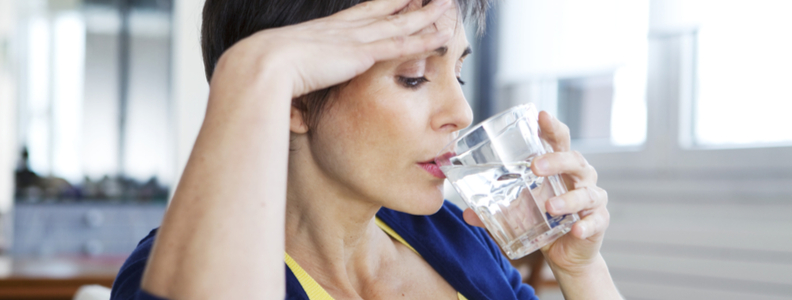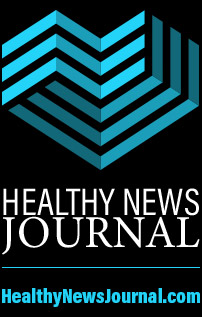Anxiety: Is Caffeine the Culprit?
Caffeine is generally considered to be a common, relatively safe, and even beneficial substance. But, it just might not have the same effects on those who suffer from bouts of anxiety, insomnia and depression.
Caffeine and Anxiety
The body’s stress response is caused by the production of cortisol, known as the stress hormone. Cortisol release is stimulated by caffeine intake. That’s why, for some people, drinking caffeinated beverages probably might contribute further to agitation, panic and anxiety.
So, the symptoms of a person struggling with anxiety or panic attacks can be directly linked to caffeine because of the cortisol response after intake.
Fight-Or-Flight Response
Drinking caffeinated beverages actually makes your body think that you want to “fight” all the time. As it also controls your fight-or-flight response, it affects your body’s way of responding to stressors such as more pressure at work and deadlines to beat – your hands become shaky and you feel your heart pound stronger than usual. When you eliminate caffeine from your diet, the response is less likely to be like that; the intensity will be lower, giving your body a chance to cope with anxiety and even relax.
Caffeine and Sleep
Caffeine might also be the culprit for the disruption of sleep. Those who only had one cup of coffee in the morning often complain of not getting enough sleep at night. The truth is, the body may actually take six to seven hours to metabolize half the caffeine that you just drank. So, the espresso that you drank at 8 a.m. could still be circulating in your body up until bedtime. Insomnia is triggered because of this cycle: not getting enough sleep – being tired because you didn’t get enough sleep – drinking coffee to stay awake in the morning – having difficulty trying to sleep at night (again) because of the coffee you drank – being tired again the next day because you didn’t get enough sleep – grabbing another espresso – and so on and so forth.
Prepping for the Challenge
If you are experiencing all of the above, then you should consider giving this zero caffeine challenge a shot. Begin by slowly tapering your caffeine intake. Do not stop abruptly because caffeine withdrawal symptoms might occur. Slowly decrease your caffeine consumption – from a cup to occasional sips, it may take time but as your body grows more accustomed to the caffeine-free environment, you’ll eventually gain stability.
After a week of being caffeine-sober, assess yourself if you’re still experiencing anxiety and panic attacks. Take note of your sleep patterns and observe your symptoms. Be aware of how being caffeine-free has affected your health, and hopefully it will get you on the right track to wellness.
Source: Mind, Body, Green









